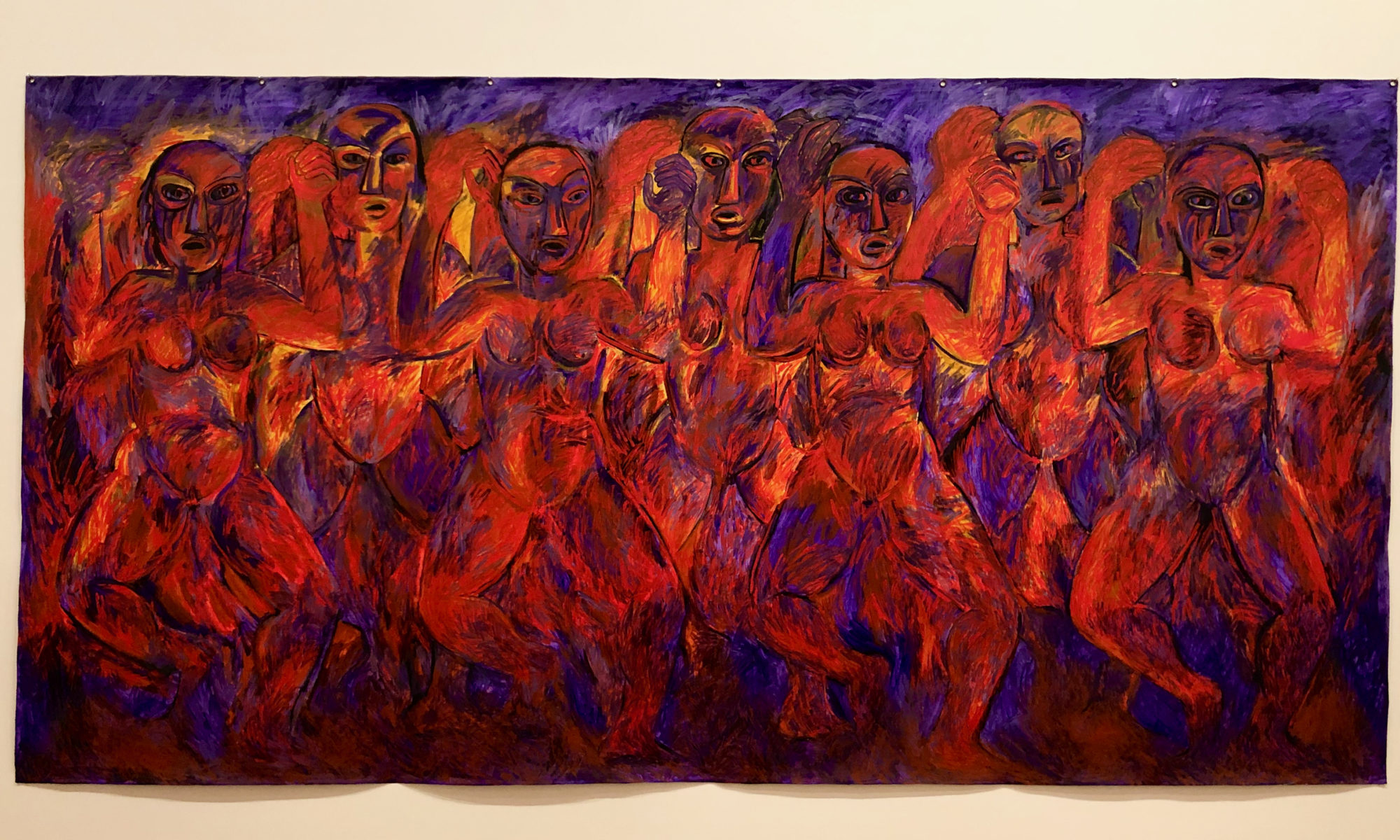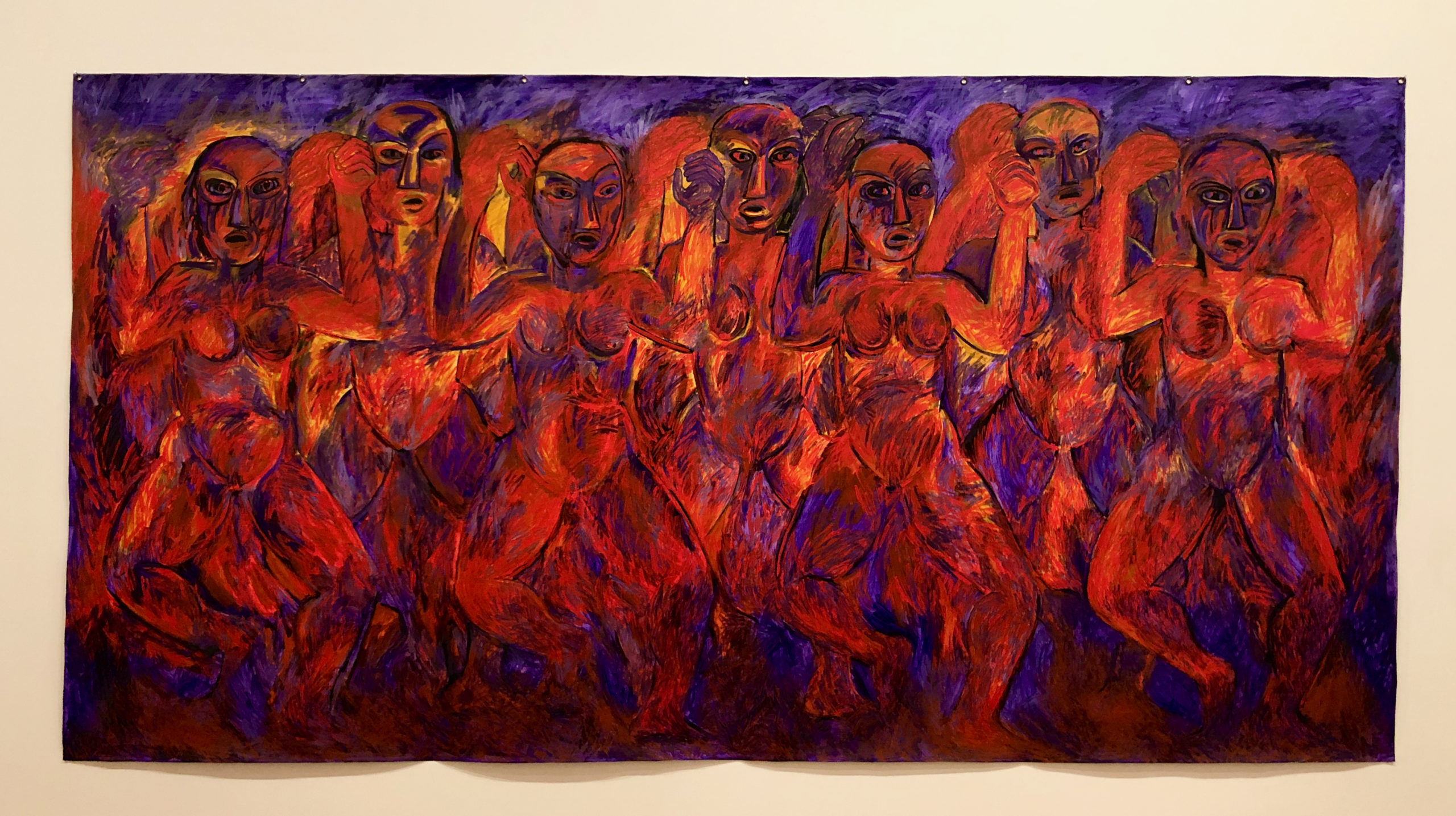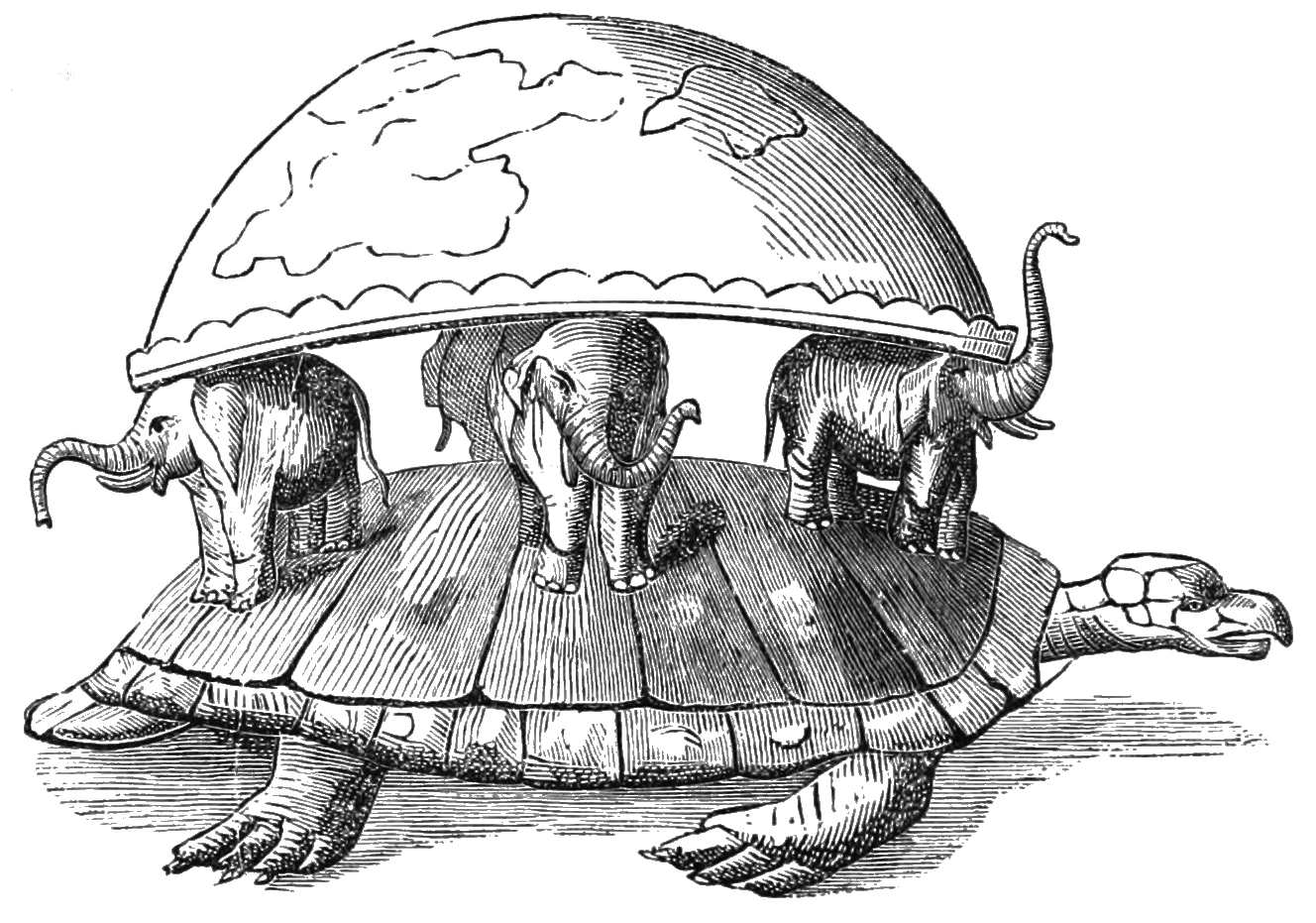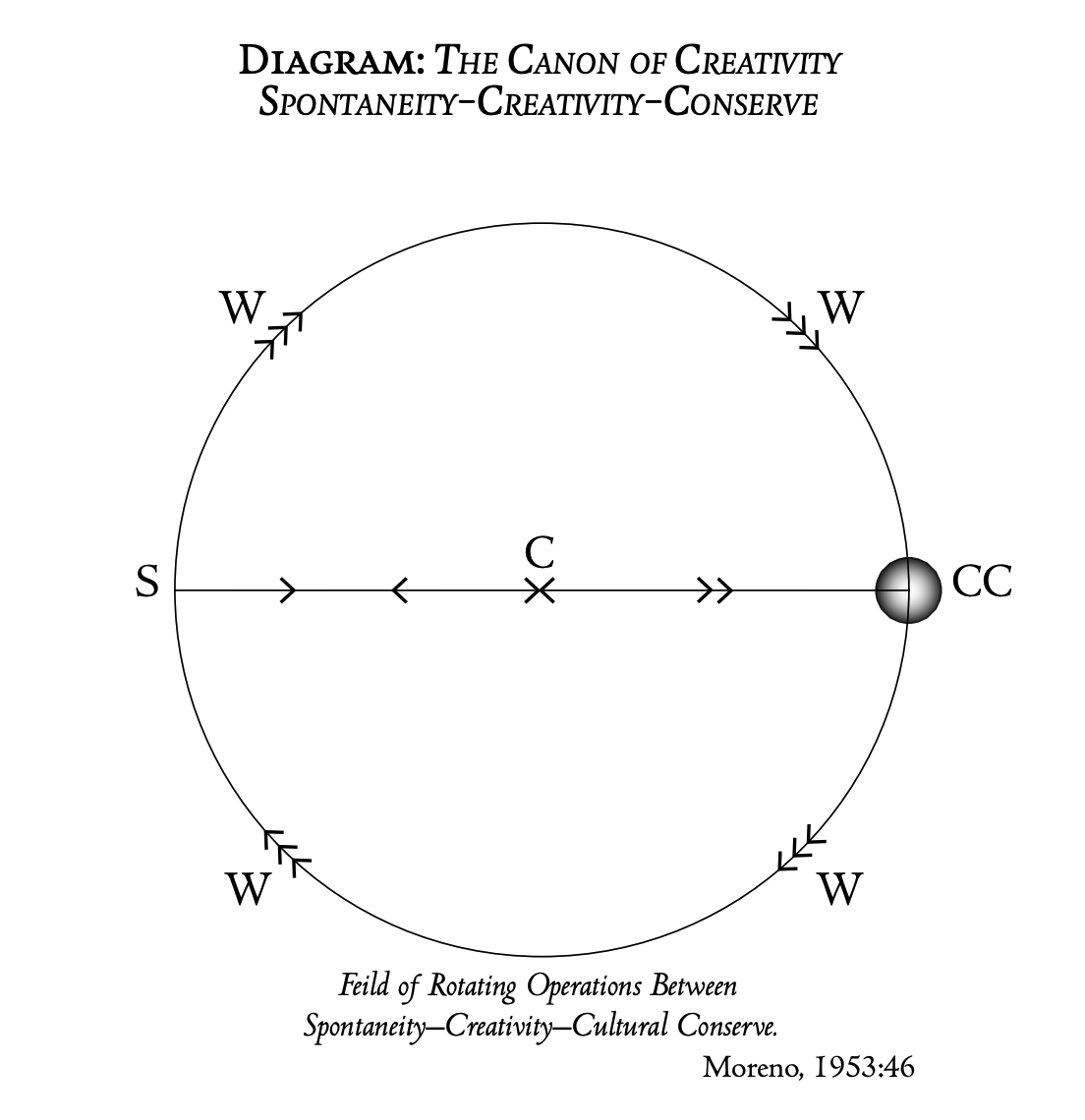Recently I the podcasts I listened to all came up with discussions about dialectics.
Hari Kunzru, Into the Zone .
You will get introduced to ‘Teddy’ i.e. Theodor Adorno.
Its always sunny in the dialectic
Look on the bright side! In a country obsessed with positivity, Hari traces the path of exiled German intellectual Theodor Adorno to sunny California, where he gets stuck in traffic with the British writer Geoff Dyer. How this positivity relates to church and state? Turns out there’s a lot to complain about.
*
Revolutionary Left Radio
for some political clout.
The Principal Contradiction: Applying Dialectical Materialism
Torkil Lauesen joins Breht to discuss his newest book “The Principal Contradiction”. In this discussion, Torkil and Breht discuss dialectical materialism, how it is applied in real world situations, and the role that contradiction plays in it all. In the 1970s and 80s, Torkil Lauesen was a member of a clandestine communist cell which carried out a series of robberies in Denmark, netting very large sums which were then sent on to various national liberation movements in the Third World. Following their capture in 1989, Torkil would spend six years in prison. While incarcerated, he was involved in prison activism and received a Masters degree in political science. He is currently a member of International Forum, an anti-imperialist organization based in Denmark.
Find more of his writings HERE
*
The Partially Examined Life.
For a through philosophical analysis by people who can’t make up their minds about anything.
Episode 136: Adorno on the Culture Industry
On Theodor Adorno and Max Horkheimer’s “The Culture Industry: Enlightenment as Mass Deception” from Dialectic of Enlightenment (1944), plus Adorno’s “Culture Industry Reconsidered” (1963). How does the entertainment industry affect us? Adorno (armed with Marx and Freud) thinks that our “mass culture” is imposed from the top down to lull us into being submissive workers.
*
OK, listen to the lot and makes some comments!!









